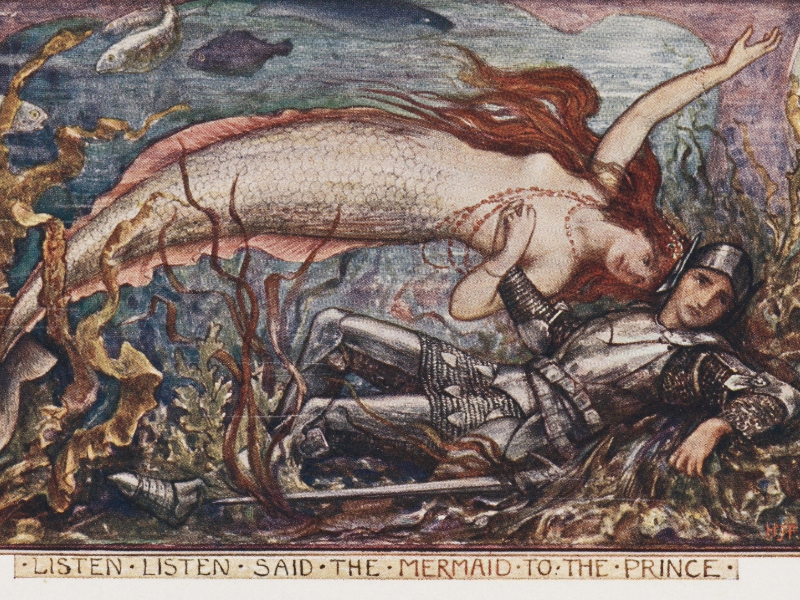
Mermaids, Part 2
How did mermaids go from apex predators whose voices could kill to Disney princesses who'd sacrifice their voice for love? This transformation reveals the systematic domestication of female power and nature itself.

Episode 36: Mermaids, Part 1
In this deep dive into global mermaid mythology, we explore ancient Greek bone-heaps, oceanic folklore, and a disturbing truth about humanity's relationship with the natural world. Because what if these stories were never really about women at all?

Episode 35: The Women of Dracula, Part 2
Dig deeper into the graveyard dirt in "The Women of Dracula, Part 2." We unpack the novel's hidden horrors, from the monstrous Brides and Mina Murray's surprising intellectual power to Jonathan Harker's unsettling journey. Discover why this classic is more than just a vampire story – it's a profound look at Victorian anxieties about women, intellect, and masculinity.
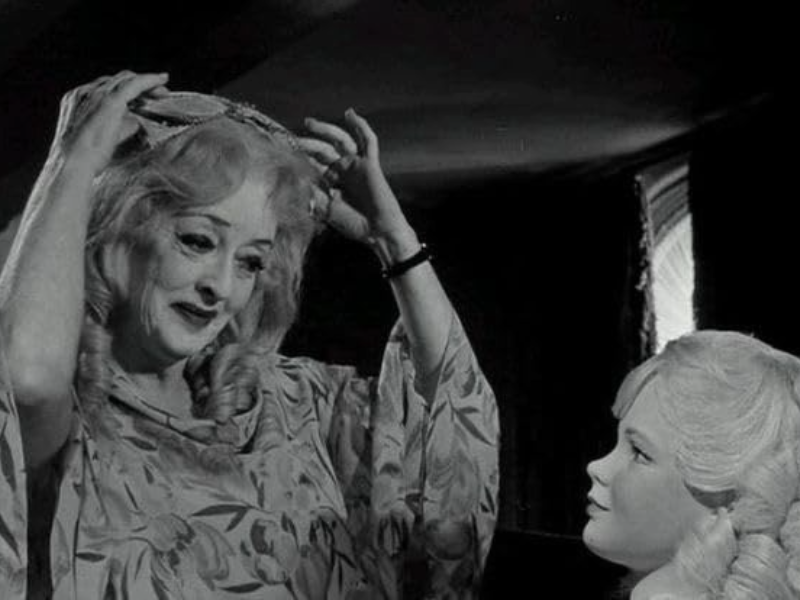
Episode 33: Hagsploitation
Explore the twisted world of "hagsploitation" horror – where ageing women become monsters. Discover how Hollywood legends Bette Davis and Joan Crawford transformed Hollywood's ageism into psychological terror, creating a subgenre that both exploited and empowered women past their "prime."

Episode 31: Botan Doro
The ghostly sound of wooden sandals clicking down a dark street – kara-kon, kara-kon – has haunted Japanese audiences for more than 300 years. The source? A beautiful woman and her servant, who carries a peony lantern, searching eternally for her lost love. But this isn't just any ghost story – it's one of Japan's most influential supernatural tales.

Episode 30: Wise Wives and Witch Hunts
Discover how King James VI's insecurities sparked the North Berwick Witch Trials – the first of Scotland's brutal witch hunts. When storms hit his wedding voyage, he blamed witches—leading to torture, execution, and a Bible translation that shaped centuries of misogyny. A dark tale of fragile masculinity meets divine right.

Episode 29: Monsters and morals
Meet the shishiga, the siguanaba, Umm al-Duwais, and the Deer Woman. These female monsters from across the globe have a shared duty: They warn, protect, and punish – but this time, they’re targeting men.

Episode 28: Chloe, Cleo, and the Myrtles Plantation
Chloe, the world-famous ghost of an enslaved girl lynched for poisoning a white woman and two children, has put the Myrtles Plantation on the dark tourism map. If that sentence felt problematic to you, I promise, it gets worse.

Episode 27: Hillary Clinton and the Lizard People
Paranormal Pajama Party returns with a look at conspiracy theories, gender, and power, exploring how women in politics are often demonised. Listen to the Season 3 premiere now.
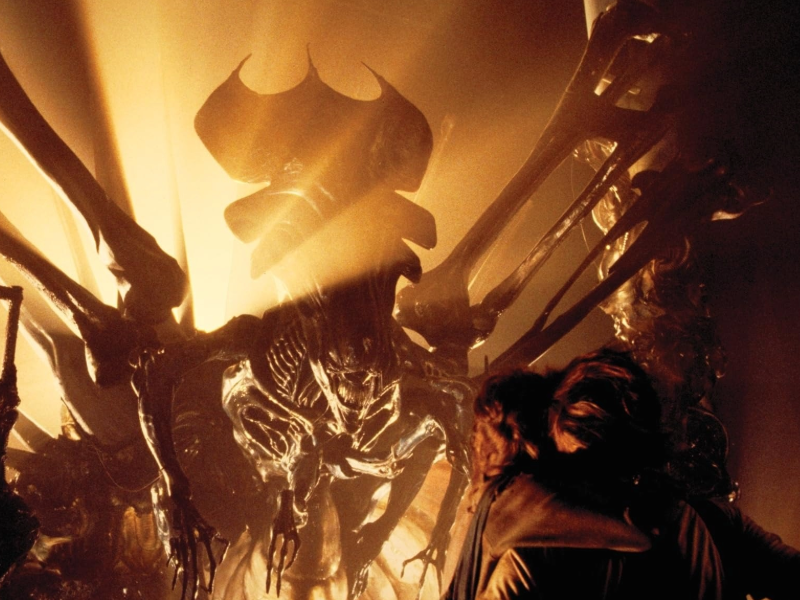
Episode 26: “Aliens”
We're off again with Ripley, this time headed into the hive. From an iconic feminist action hero to the Xenomorph Queen's monstrous power, learn how the sci-fi horror classic Aliens redefined feminine strength.
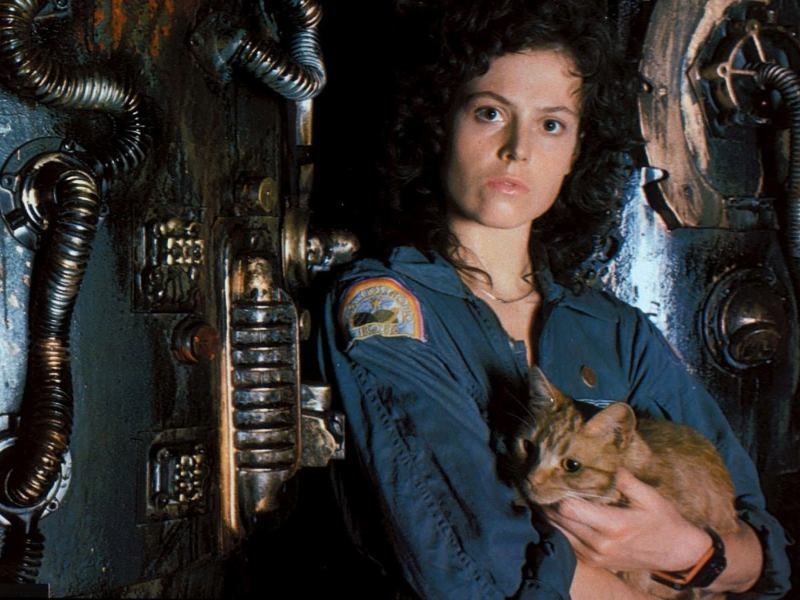
Episode 25: “Alien”
We're dipping our toes into the feminist undercurrents of Ridley Scott's Alien in this eye-opening episode. We dissect how this sci-fi horror classic subverts genre expectations, forcing viewers to confront uncomfortable truths about gender and power. Discover why Alien remains a powerful statement on women's experiences, cleverly disguised as a monster movie.

Episode 24: Green Ladies and Glaistigs
Discover Scotland's eerie green spectres: from mischievous glaistigs to tragic green ladies. Explore the folklore, superstitions, and ethical questions surrounding these female phantoms that haunt Scotland's ancient castles and fuel its paranormal tourism industry.
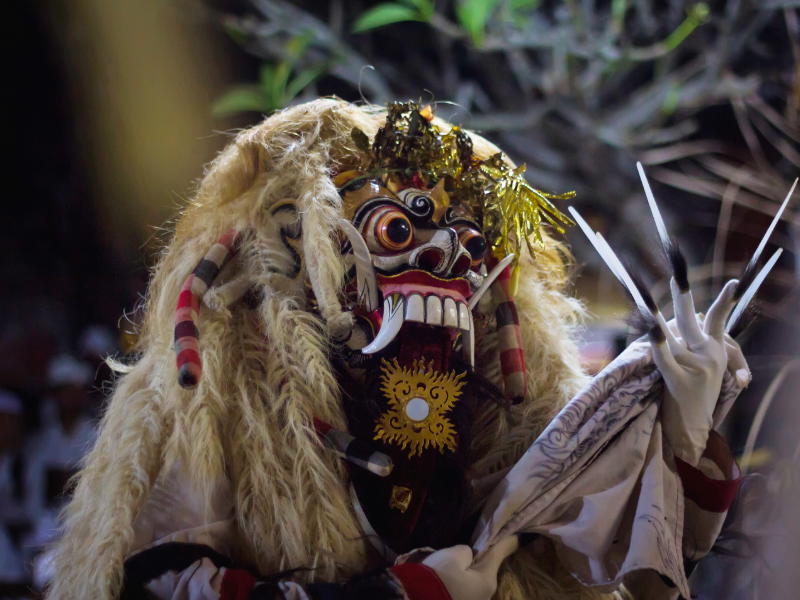
Episode 23: Rangda
Discover the complex mythology of Rangda, Bali's demon queen. From ancient Hindu-Buddhist kingdoms to modern Indonesia, we explore how this fearsome figure embodies the duality of creation and destruction. Uncover the historical roots of Rangda in Queen Mahendradatta's story and examine how powerful women throughout history have been demonised for political gain.

Episode 22: “The Fall of the House of Usher” (Part 2)
Explore how the 19th-century Cult of True Womanhood may have influenced Edgar Allan Poe's female characters. From Madeline Usher to modern horror and the cult of domesticity to the tradwife movement, we unpack some of society’s “feminine” ideals and their surprising link to feminism. We also talk about how women in fiction still struggle to break free from being mere reflections of male narratives.